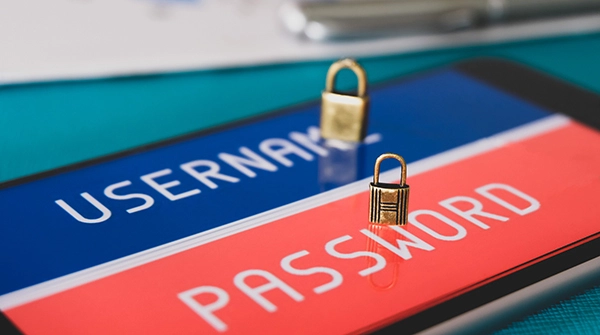Internet safety is every ones responsibility. It’s all about being able to post a video that you’ve made or a song that you’ve written, to be free to find out more about information you’re interested in and check out the latest trends - without being bullied, annoyed or scammed, or having your ideas stolen including identity theft.
Internet safety is a lot more than just about ensuring that your computer has the latest anti-virus and firewall software installed. It’s about being smart about how you handle yourself online and savvy about how you deal with other people (especially strangers who you meet online), and not falling prey to an online scam artist who takes advantage of your ignorance
Most of us are ‘connected’ via our laptops, mobile phones, tablets or personal computer. The potential for the internet to be a valuable and a fun resource for entertainment, making friends, keeping in touch and learning is huge. But if you use the internet without safety awareness, you could be at risk of illegal activity or abuse - be it bullying, fraud or something more serious. Unlike seeing someone face to face, on the net, people aren't always what they first seen.
In the same way you learn about safety when you leave the house, it is important to learn how to stay safe online. These are skills that will stay with you for life time.

The internet is a way to stay connected with friends and family. For many Students, it’s also a way to stay current on news, research information or shop online and downloading books, online applications etc... The Internet has also become a popular method for banking, paying bills and completing and submitting applications and forms.
Using the Web browser is easy, to do things online, but there can be some hidden dangers to you and your computer. These risks can include exposure of sensitive personal information and infection by malware, which includes viruses, spyware, and adware. Safe browsing means being aware of these online threats and taking the necessary precautions to avoid them.
It only takes a little bit of effort, a few tools, and some basic information to be safe as you browse the Internet. Follow these

Guidelines To Protect Your Personal Information And Your Computer Online.

We all know it's not healthy to spend hours and hours in front of a computer screen. But another problem with social networking is the pressure you can feel to make sure you have lots of ‘friends’.
But here are some things to remember:
So although you might know someone who likes to boast about how many ‘friends’ they've got on their social networking site, remember that real friendships aren't made by computers.
Tips To Stay Safe On Social Networking Sites
We no longer rely on our phones for just calling friends or family. With modern Smart Phones we can do a wide range of tasks; everything from browsing the internet and paying your bills to checking your bank statement and accessing work emails. Because Smart Phones are so advanced many of the security issues we’re exposed to through our computers now exist on our Smart Phones.
What risk does it pose?

How can I avoid it from happening?
Be cautious when selecting and installing applications